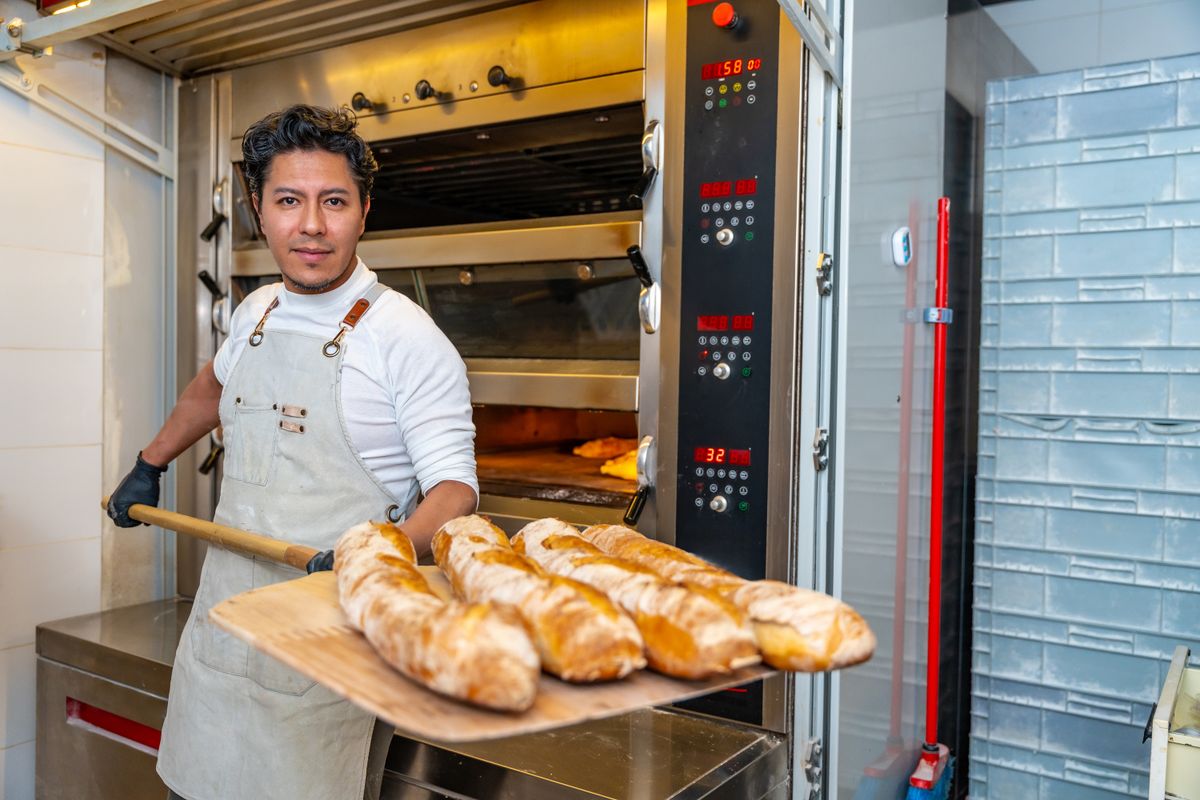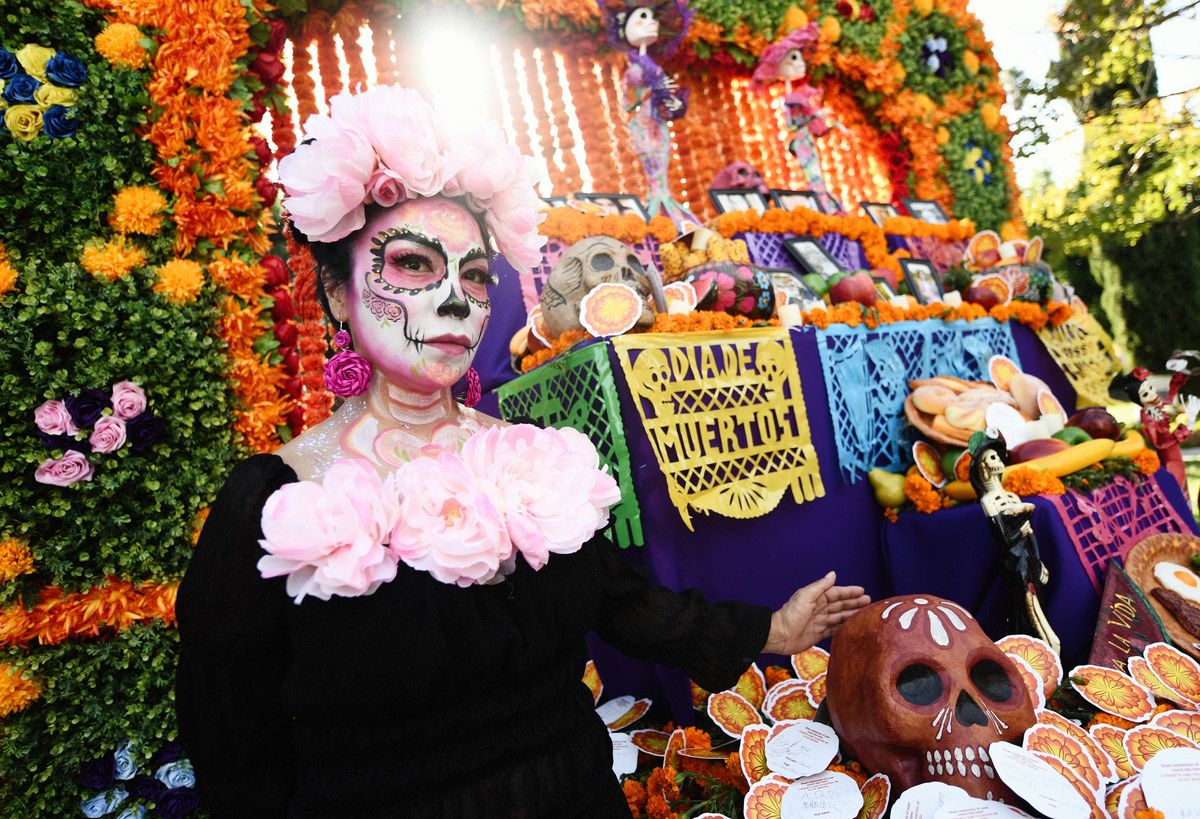Oxford Languages just dropped its latest update to the Oxford English Dictionary (OED), and it's bringing some serious bilingual flavor. This time, the focus is on Spanish-origin words, especially those that have made their way into American English, thanks to Hispanic communities. From mouthwatering food terms to lively interjections, here's a breakdown of what's new and why it matters.
If you live in the U.S., chances are you've heard (or even used) Spanglish, an informal mix of Spanish and English that's everywhere, from everyday convos to hit TV shows. With over 43 million Spanish speakers in the U.S., it was only a matter of time before more Hispanicisms officially made their way into the dictionary. This update reflects the deep-rooted influence of Latin American culture, especially from Mexican Americans, Puerto Ricans, and Cuban Americans.
Say It Loud: Spanish Interjections
Sometimes, English doesn't have the right word for the moment. That's where Spanish-origin interjections come in! New OED additions include:
- Dios mío – The ultimate way to say "Oh my God!" with extra drama.
- Órale – Depending on the vibe, it can mean "Wow!", "Okay!", or "Go for it!"
- Por favor – Yes, "please" in Spanish, but now officially in the English dictionary too.
- ¿Qué pasa? – A chill way to ask, "What's up?"
These words aren't just fun to say; they reflect how bilingual speakers naturally switch between languages.
A Foodie's Dream: Latin American Dishes Get Their Due
Food has always been a gateway for language exchange, and this update proves it. Some of the delicious new additions include:
- Elote – That perfectly grilled, mayo-slathered, cheese-dusted Mexican street corn.
- Frijoles negros – Black beans, a staple in Latin American cuisine.
- Bizcochito – A crispy, anise-and-cinnamon-flavored cookie that's big at celebrations.
- Tres leches – The beloved sponge cake drenched in three kinds of milk.
- Torta – No, not cake! A torta is a loaded sandwich packed with meat, beans, avocado, and more in Mexico.
From crunchy to creamy, these words (and their flavors) are now officially recognized in English.
Beyond Food: Mexican Culture Leaves Its Mark
It's not just about what we eat; Mexico's influence stretches beyond the kitchen. The OED has also welcomed words tied to tradition and entertainment:
- Charreada & Charrería – Mexico's answer to rodeo, where riders show off their equestrian skills.
- Lucha libre – The high-flying, mask-wearing world of Mexican wrestling.
- Chilango – A term for someone from Mexico City, originally a diss but now a badge of pride.
- Güey – Once an insult meaning "fool," it's now a go-to way to say "dude" in Mexico.
- Día de los Muertos – The iconic Day of the Dead celebration, with calaveras (sugar skulls), pan de muerto, and colorful altars.
Puerto Rican and Cuban Influence in English
The OED also paid tribute to the linguistic contributions of Puerto Rican and Cuban Americans:
- Boricua – A term for Puerto Ricans, tied to the island's original Taíno name, Borinquén.
- Cuchifritos – Fried pork snacks that became a NYC favorite.
- Vejigante – The wild, masked figures of Puerto Rican carnival.
- Cubano – More than a nationality, it's a legendary pressed sandwich stacked with pork, ham, cheese, pickles, and mustard.
- Frita – A Cuban-style burger topped with crispy shoestring potatoes.
- Nueva trova – A socially conscious Cuban music genre that blends folk with activism.
- Timba & Descarga – Cuban music styles that keep dance floors alive.
- Comer mierda – In Cuba, this doesn't mean "eating actual garbage." It's slang for "wasting time."
Why This Matters
Language is constantly evolving, and dictionaries are finally catching up with how people actually talk. This update is a win for cultural representation, proving that Spanglish isn't just a passing trend; it's a vital part of communication in the U.S. and beyond. Whether you're ordering elote, hyping up a friend with "¡Órale!" or jamming to some timba, these words are now officially part of English.
So, next time someone tells you Spanglish isn't "real English," hit 'em with a Dios mío! and show them the dictionary entry to prove it.
,type=downsize)








